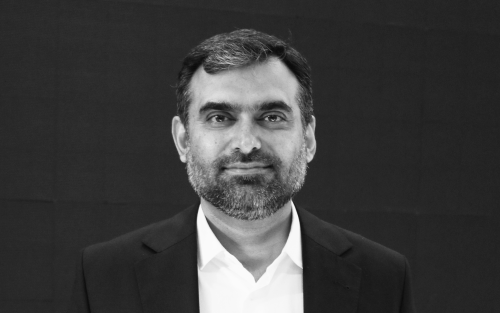
Healthtech innovations have taken the world by storm thanks to their ability to improve patient care and make delivery systems more efficient. However, the US and European continents presents a particularly interesting opportunity for innovation to make an impact.
Due to a strongly aging population, healthcare providers and governments have long looked to tech to help reduce the burden from preventative, age-related diseases on public health systems.
The demand for digital health services rapidly accelerated during the COVID-19 pandemic, creating a market value of $36.23 billion USD. However, the pandemic lockdowns also created several co-morbidities and highlighted areas of unequal access to care.
This was put into stark focus with the European Union’s State of Health 2023 report, in which the three most pressing challenges for policymakers in the wake of the pandemic included mental health reforms that destigmatize access to care, closing health gaps and investing in resilient, data-driven health systems.
Tackling these concerns will require multi-faceted solutions that draw on the capabilities of emerging technologies to make these improvements at scale. 10Pearls is a global software development business that already has offices in the UK from which to expand its healthtech service offerings.
10Pearls, experts in healthcare
10Pearls began as a two-person operation in 2004 when brothers Imran Aftab and Zeeshan Aftab, based in the UK (article’s featured photo), wanted to deliver superior software services that also deliver a positive impact.
Seeing significant potential in software solutions including in healthcare, the now global business has honed in to develop its expertise in creating digital health solutions for clients including Johnson and Johnson, CVS Health and the UK National Institutes of Health.
With regards to healthcare, the 10Pearls’ mission aims to help healthcare providers outsource the development of personalised, and future-ready healthcare experiences that leverage the latest tech innovations to tackle complicated healthcare challenges.
Further, as technical infrastructures have emerged so rapidly, 10Pearls helps private and public partners work on digital solutions that keep patient privacy and data security front and center during the development process.
The impact of digital health
Tech innovations have the potential to make a difference across the whole gamut of healthcare, from surgical robotics to personalized pharmaceuticals. However, given the challenges identified in the aforementioned EU health report, digital health solutions are especially well suited here.
When it comes to improving mental health outcomes and reducing associated stigmas, telehealth offers a way for patients to access care that they may be reluctant to ask for in person. Further, with wearable devices and health apps, health providers can remotely keep track of a patient’s behavior and medications to provide round-the-clock care in the community while reducing the burden on physical clinics.
Given that the wait time for mental health services can be as much as two years in some parts of Europe, digital support can address an urgent need. 10Pearls worked on a similar solution in the US for Magellan Health. The partnership helped to deliver enhanced access to behavioral health services by streamlining telehealth and in-person visits, improving communication and experience between patients and care teams.
Closing healthcare gaps and developing robust data screening protocols across a collection of countries will require a highly robust and secure software infrastructure. 10Pearls is also poised to lend a hand in this regard too. The team combines a deep understanding of healthcare ecosystems, workflows, regulations, and stakeholders to build cyber-resilient health solutions.
Software partners for patient safety
Healthtech solutions have the power to transform patient care in Europe. Working with trusted software partners on specific digital solutions will help to create the right tools that have been built to the security standards that protect patient privacy.





